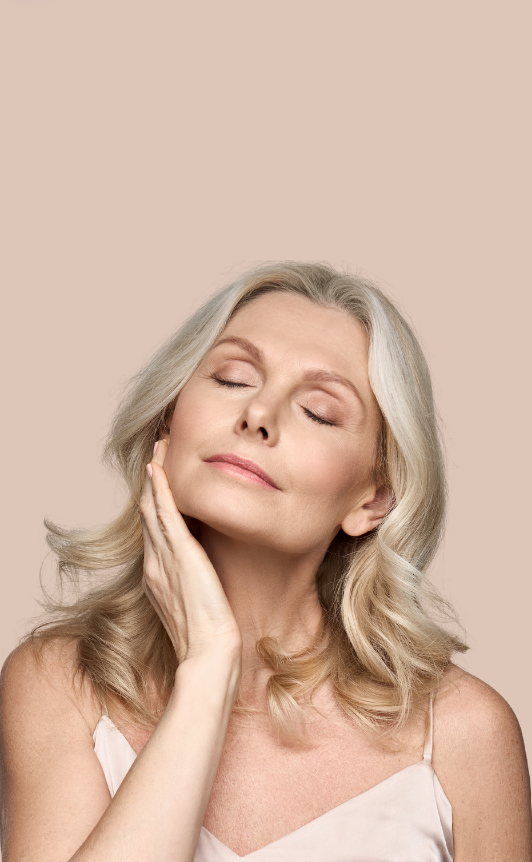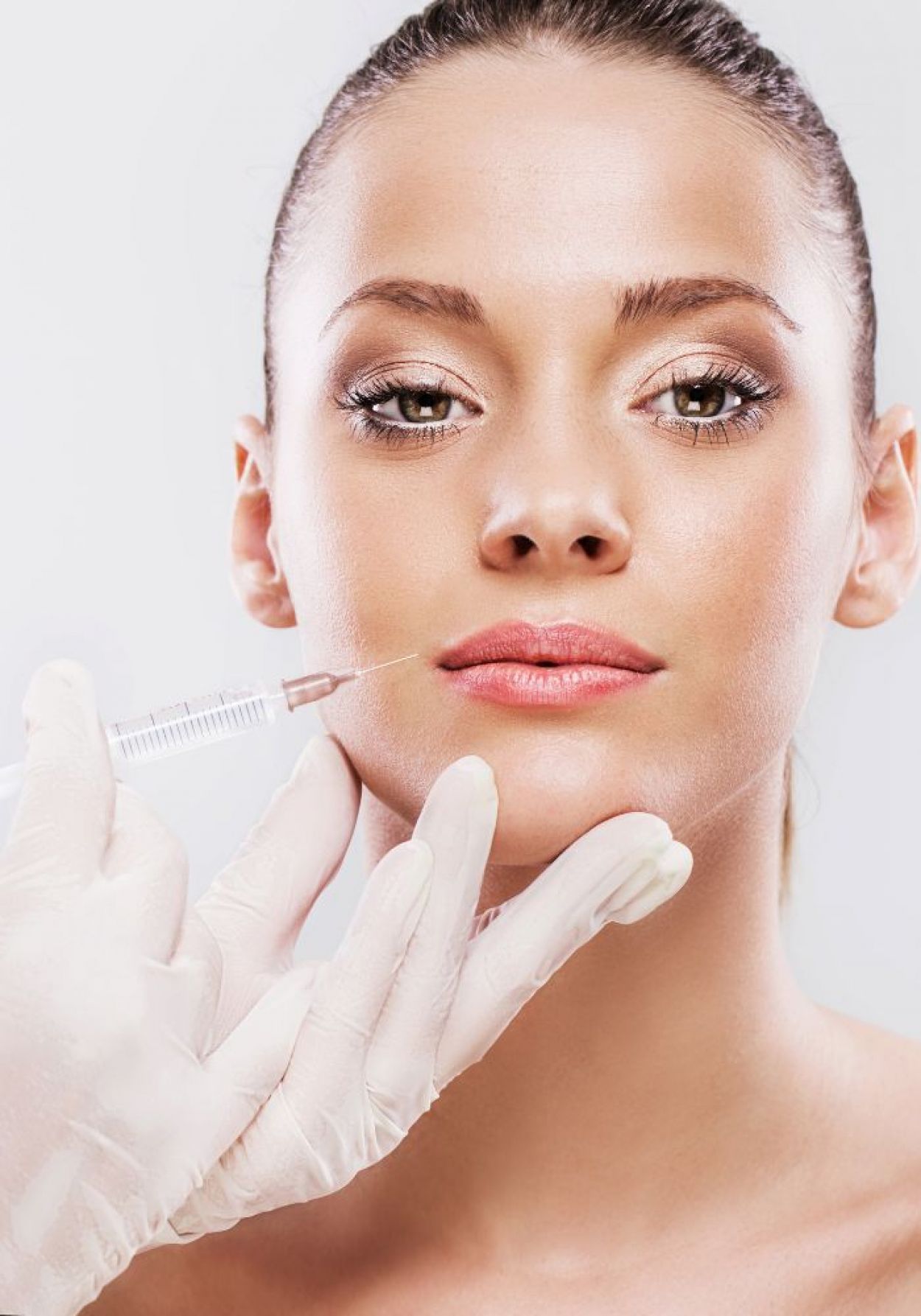Wellness
The Importance of Wellness alongside aesthetics
While aesthetic treatments can greatly improve one’s self-confidence and satisfaction with their appearance, it is important to approach them with realistic expectations. Not all treatments are suitable for everyone, and it is crucial to consult with a qualified professional to understand the potential risks, benefits, and limitations of each procedure.
Additionally, maintaining a healthy lifestyle, including proper skincare, regular exercise, and a balanced diet, is essential for long-term aesthetic results.

WELLNESS
Wellness refers to the state of being in good physical, mental, and emotional health. It encompasses a holistic approach to overall well-being, encompassing various aspects of life, such as physical fitness, mental clarity, emotional stability, and social well-being. It goes beyond the absence of illness and focuses on promoting optimal health and quality of life.
Wellness is often seen as a proactive and preventive approach to health, emphasising the pursuit of positive lifestyle choices and habits. It involves taking responsibility for one’s health and making conscious decisions that support well-being.
Key dimensions of wellness include:
-
Physical Wellness: This aspect relates to the state of one’s physical health, including exercise, nutrition, sleep, and avoiding harmful habits like smoking or excessive alcohol consumption.
-
Mental Wellness: Mental wellness encompasses psychological well-being, cognitive abilities, and emotional stability. It involves managing stress, developing coping mechanisms, maintaining a positive mindset, and engaging in activities that stimulate the mind.
-
Emotional Wellness: Emotional wellness involves recognising, understanding, and managing one’s emotions in a healthy and constructive manner. It includes building resilience, self-esteem, and fostering positive relationships.
-
Social Wellness: Social wellness pertains to having healthy and satisfying relationships with others, maintaining a support system, and fostering a sense of belonging and connectedness within communities.
-
Spiritual Wellness: Spiritual wellness is about finding meaning, purpose, and connection to something greater than oneself. It can include practices such as meditation, mindfulness, or engaging in activities that promote inner peace and harmony.
-
Occupational Wellness: Occupational wellness focuses on finding satisfaction and fulfillment in one’s work or chosen activities, maintaining a healthy work-life balance, and pursuing professional development.
-
Environmental Wellness: Environmental wellness involves being mindful of the impact of one’s surroundings on health and well-being. It includes promoting sustainable practices, living in a clean and safe environment, and connecting with nature.
The concept of wellness acknowledges that these dimensions are interconnected and influence each other. By nurturing each aspect, individuals can strive for a balanced and fulfilling life, promoting overall well-being and a higher quality of life.
Feel
Confident
ANTI-WRINKLE TREATMENTS & Mental Health
When considering the use of anti-wrinkle injectables, it’s important to be aware of the potential impact on mental health. Here are some key points to consider:
-
Unrealistic expectations: Injectables like Botox are often used to reduce the appearance of wrinkles and lines on the face. However, it’s important to have realistic expectations about the outcome. If someone’s self-esteem or mental well-being is heavily dependent on their physical appearance, they may be more susceptible to disappointment or dissatisfaction if the results don’t meet their expectations. Managing expectations and understanding the limitations of the procedure are crucial.
-
Body image and self-esteem: Society’s emphasis on youthful looks and beauty standards can contribute to feelings of self-consciousness and negatively impact self-esteem. Some individuals may seek anti-wrinkle injectables as a way to enhance their appearance and boost their self-confidence. However, it’s essential to remember that true self-worth is not solely determined by physical appearance. Developing a healthy body image and cultivating self-esteem through a variety of sources is important for overall mental well-being.
-
Emotional reactions and coping mechanisms: The physical changes resulting from anti-wrinkle injectables can evoke emotional reactions. For example, if someone’s facial expressions are significantly altered due to muscle relaxation from injectables, it may affect their ability to express emotions naturally. This change in emotional expression may have social and psychological implications, impacting how others perceive and respond to them. It’s crucial to have coping mechanisms in place to manage these emotional reactions and maintain mental well-being.
-
Psychological considerations: Before undergoing any cosmetic procedure, it’s essential to assess one’s mental health and overall psychological well-being. If an individual is already experiencing mental health issues, such as body dysmorphic disorder (BDD) or depression, the decision to pursue injectables should be made carefully and in consultation with a qualified healthcare professional. Mental health concerns should be addressed and managed alongside any cosmetic treatments.
-
Balancing external and internal validation: Relying solely on external validation, such as receiving compliments on one’s appearance after using anti-wrinkle injectables, can have a temporary and superficial impact on mental well-being. It’s important to cultivate internal validation by focusing on personal growth, meaningful relationships, and pursuing activities that bring joy and fulfillment.
Remember, while cosmetic treatments can have aesthetic benefits, mental well-being should always be a priority. It’s crucial to approach these procedures with a healthy mindset, realistic expectations, and a strong foundation of self-esteem and self-acceptance. If concerns about mental health arise, it’s advisable to consult with a mental health professional who can provide appropriate guidance and support.
“Beauty is in the eye of the beholder.”

Mental Health
To us, mental health refers to the overall well-being and functioning of an individual’s mind and emotions. It encompasses a person’s psychological, emotional, and social well-being and affects how they think, feel, and act. Mental health is an essential component of our overall health and is influenced by various factors such as genetics, life experiences, and environmental influences.
Maintaining good mental health involves achieving a balance in different aspects of life, including managing stress, building resilience, fostering positive relationships, and having a sense of purpose. It is about being able to cope with the challenges and demands of daily life, experiencing a range of emotions in a healthy way, and being able to form and maintain meaningful connections with others.
Mental health is not just the absence of mental illness but also includes the presence of positive mental well-being. It is about being able to engage in activities that bring joy and fulfillment, having a positive self-image, and having a sense of self-worth. It is important to prioritise mental health, seek support when needed, and promote mental well-being for oneself and others.
Speak to our experts
Our team of experienced consultant doctors, aesthetic nurses and aestheticians are here to help. Whether you have a question big or small, want some further information or would like to arrange a consultation/treatment, fill your details in below and we will be in touch as soon as possible.


